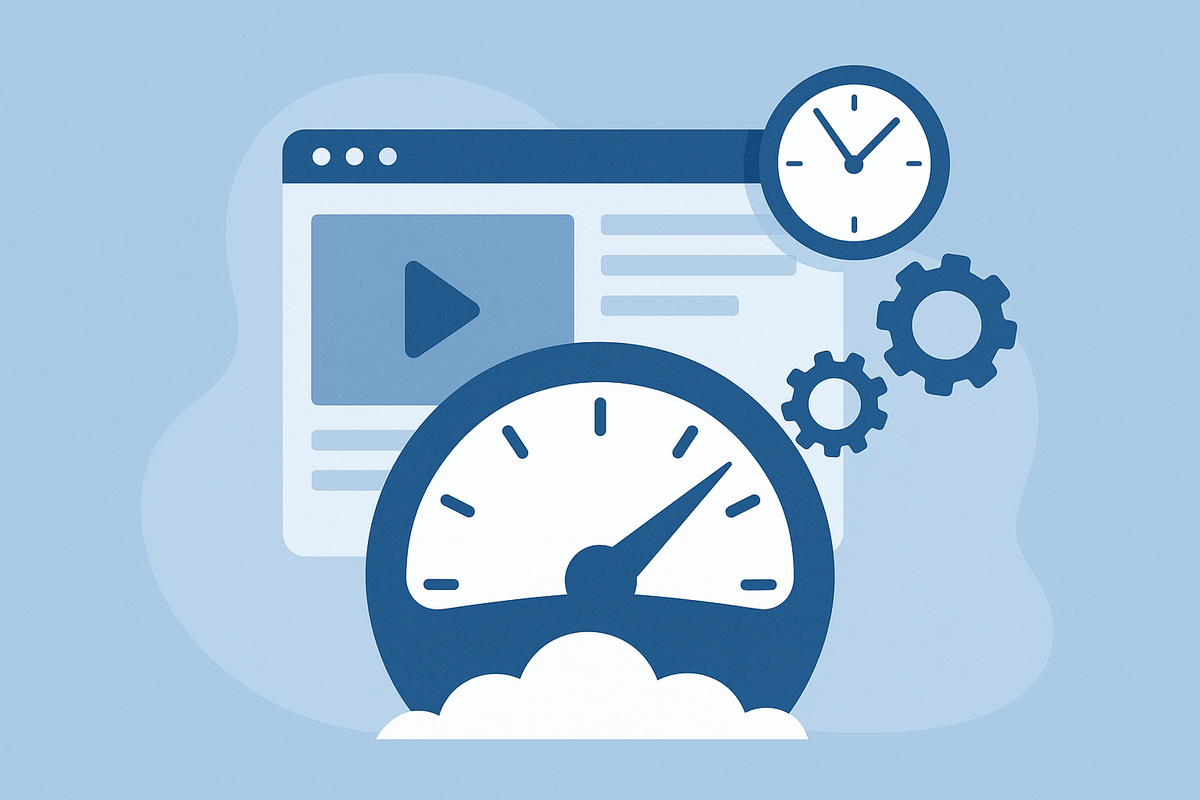What is a Website Builder and When Should You Use One?

Not too long ago, building a website was something only programmers or designers could do. If you wanted a website for your business, blog, or personal project, you often had to hire someone and wait weeks (sometimes months) before your site was ready.
But times have changed. Today, you can sit down with your laptop, grab a cup of coffee, and create a website yourself in less time than it takes to watch a movie — thanks to website builders.
If you’ve heard the term before but never really understood what it means, let’s walk through it together. You’ll see when a website builder is the right choice, when it might not be, and why so many people are choosing this route to get online quickly.
So, What Exactly Is a Website Builder?
A website builder is essentially a tool that allows you to create a website without writing a single line of code. Instead of dealing with complicated files or servers, you’re given a friendly interface where you can drag, drop, and type your way to a finished website.
Think of it like using Lego bricks. You don’t have to design the bricks or make them from scratch — you just put them together to form something unique.
Companies like Wix, Squarespace, and Shopify have popularized website builders, but hosting companies like Hostinger and Bluehost also include their own builders as part of their plans. The idea is always the same: give everyday people the power to build a website on their own.
How They Work in Practice
Using a website builder usually starts with templates. You pick a pre-designed layout — say, a restaurant website, an online portfolio, or an e-commerce store — and then customize it to make it yours.
Want to change the headline? Just click and type. Want to move a picture? Drag it across the page. Want to add a new section? Click “add section,” choose from a menu, and it appears instantly.
Most builders also come with extras baked in: mobile-friendly designs, contact forms, image galleries, and even payment systems if you want to sell online. What once required several different tools or even custom development is now just a click away.
Why Website Builders Are So Popular
The rise of website builders isn’t a coincidence. They solve a big problem: people need websites, but not everyone has the time, money, or skills to build one from scratch.
Here’s why they’ve become the go-to solution for millions:
- Simplicity: You don’t need to know HTML, CSS, or any of the technical stuff.
- Speed: A simple website can be up and running in a single afternoon.
- Cost: Hiring a developer can cost hundreds or thousands of dollars, while most builders charge just a small monthly fee.
- Control: You’re not relying on someone else — if you want to update your site at 2 a.m., you can.
For small businesses, freelancers, or bloggers, this level of independence is huge.
When a Website Builder Might Not Be Enough
Of course, website builders aren’t perfect for everyone.
If you need something highly customized — like a complex app, a marketplace, or a site that requires unique features — a builder might feel limiting. While they give you a lot of freedom in design, they’re still bound by the templates and tools the company provides.
There’s also the matter of scalability. Builders are excellent for small to medium projects, but large enterprises or startups with ambitious tech goals often outgrow them and move to custom development.
That said, for the majority of individuals and small businesses, a website builder strikes the perfect balance between ease of use and functionality.
When Should You Use One?
The simplest answer: if you want to get online quickly and without stress.
A website builder is perfect if:
- You’re starting a blog, portfolio, or small business site.
- You need to showcase your work or products without heavy technical needs.
- You want to test an idea before investing in custom development.
- You prefer simplicity over endless customization.
It’s the modern way of lowering the barrier to entry. Instead of spending weeks figuring out hosting setups or coding basics, you can focus on what actually matters: your content, your products, and your message.
A website builder is like a bridge. On one side, you have your idea; on the other side, you have a real, functioning website that people can visit. Builders are the tool that help you cross that bridge quickly, without needing a degree in computer science or a fat budget.
If your needs are straightforward, a builder can give you everything you want — and give it to you fast. And even if your project grows beyond what a builder can handle, starting with one gets you moving, and that’s often the hardest step.
So if you’ve been waiting for the “perfect moment” to start your site, consider this your sign. Open up a builder, play around with a template, and in less time than you expect, you’ll be staring at your very own website.